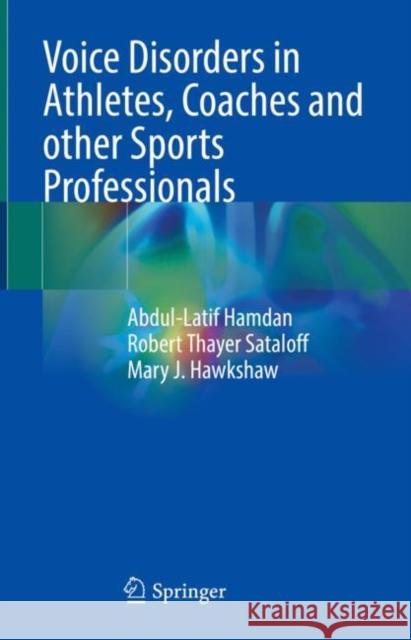Voice Disorders in Athletes, Coaches and Other Sports Professionals » książka
topmenu
Voice Disorders in Athletes, Coaches and Other Sports Professionals
ISBN-13: 9783030698300 / Angielski / Twarda / 2021 / 244 str.
Voice Disorders in Athletes, Coaches and Other Sports Professionals
ISBN-13: 9783030698300 / Angielski / Twarda / 2021 / 244 str.
cena 563,56
(netto: 536,72 VAT: 5%)
Najniższa cena z 30 dni: 539,74
(netto: 536,72 VAT: 5%)
Najniższa cena z 30 dni: 539,74
Termin realizacji zamówienia:
ok. 22 dni roboczych.
ok. 22 dni roboczych.
Darmowa dostawa!
Kategorie BISAC:
Wydawca:
Springer
Język:
Angielski
ISBN-13:
9783030698300
Rok wydania:
2021
Wydanie:
2021
Ilość stron:
244
Waga:
0.59 kg
Wymiary:
23.88 x 19.56 x 1.78
Oprawa:
Twarda
Wolumenów:
01











